- English
- Español
Country Visits
2023
Guyana, November 28 to December 1, 2023

The IACHR carried out a technical cooperation and promotional visit to the Cooperative Republic of Guyana from November 28 to December 1, 2023. The visit aimed to strengthen the Commission's relations with the country, promote technical cooperation mechanisms, and provide guidance on human rights standards in keeping with the five-year Strategy for the Caribbean and IACHR’s strategic framework.
The delegation was led by Commissioner Margarette May Macaulay, President of the IACHR and Rapporteur for the Rights of People of African Descent and Against Racism and for the Rights of Older Persons, and Commissioner Roberta Clarke, Second Vice-President and the Country Rapporteur. They were accompanied by specialists of the Executive Secretariat. Activities included high-level State meetings, a dialogue with organizations, and participation in a promotional panel and media broadcast on the Inter-American Human Rights System. The delegation also met with United Nations agencies, CARICOM, and the University of Guyana.
2018
Brazil, November 5 - 12, 2018

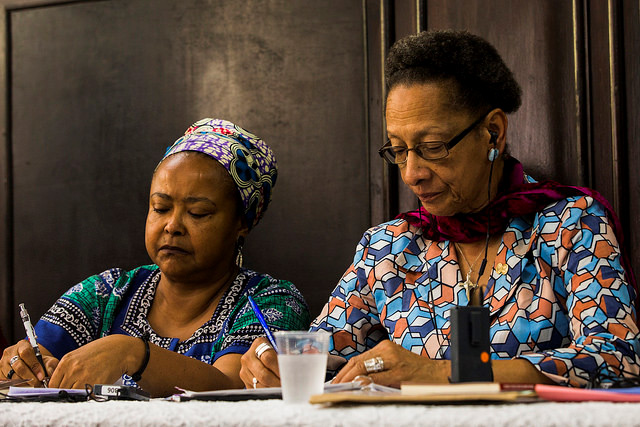

The Inter-American Commission on Human Rights (IACHR) made an in loco visit to Brazil from November 5 to 12, 2018. The objective was to observe the human rights situation in Brazil on the ground. The IACHR’s previous in loco visit to Brazil took place in 1995.
The delegation was headed by the president of the IACHR, commissioner Margarette May Macaulay, and comprised the first vice-president, commissioner Esmeralda Arosemena de Troitiño; commissioner Francisco Eguiguren Praeli; commissioner Joel Hernández García; and commissioner Antonia Urrejola Noguera, rapporteur for Brazil. The delegation also included the assistant executive secretary, María Claudia Pulido; the chief of staff of the executive secretary, Marisol Blanchard Vera; the special rapporteur for freedom of expression, Edison Lanza; the special rapporteur for economic, social, cultural, and environmental rights (DESCA), Soledad García Muñoz; and experts from the IACHR’s executive secretariat.
2013
Dominican Republic, December 2 - 6, 2013
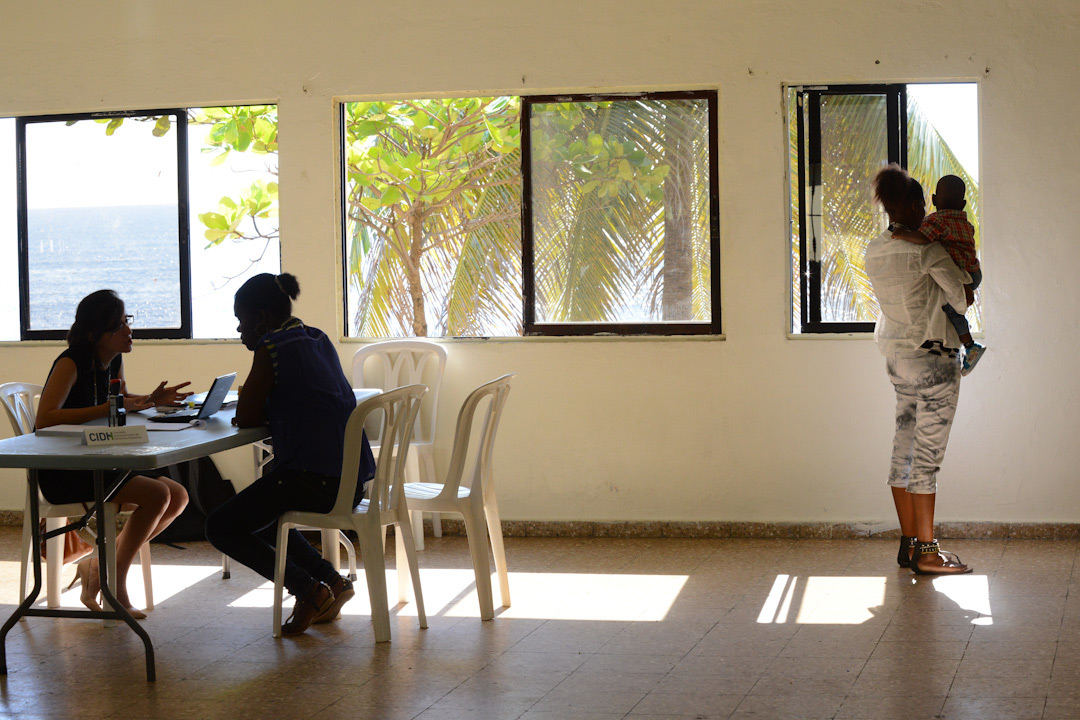
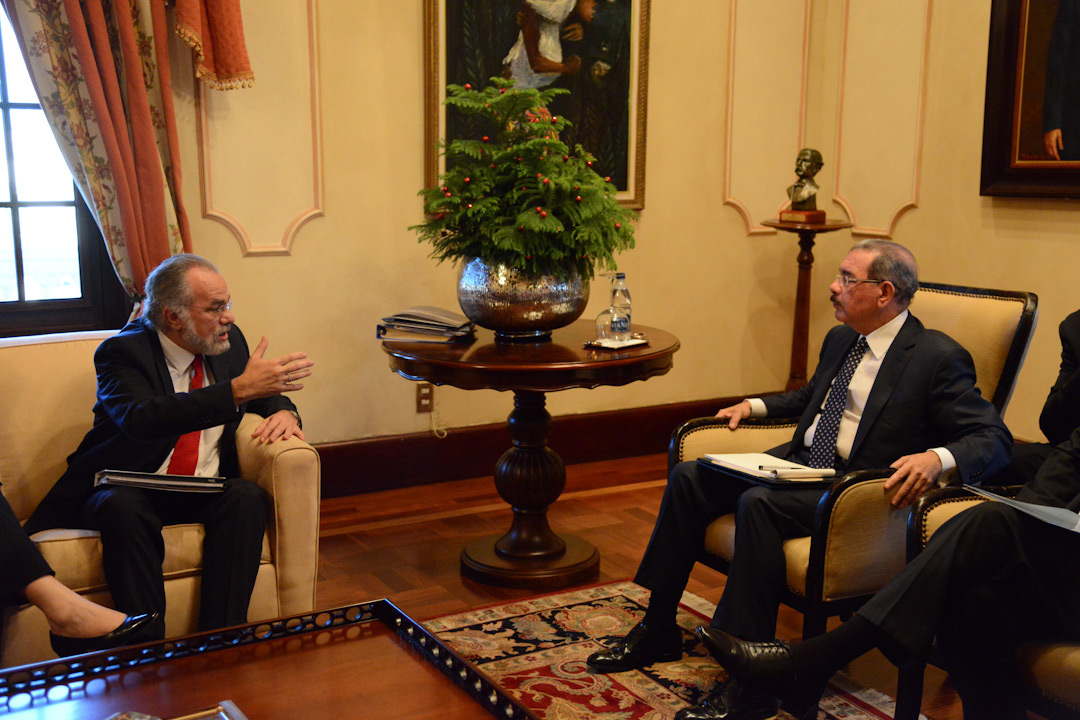
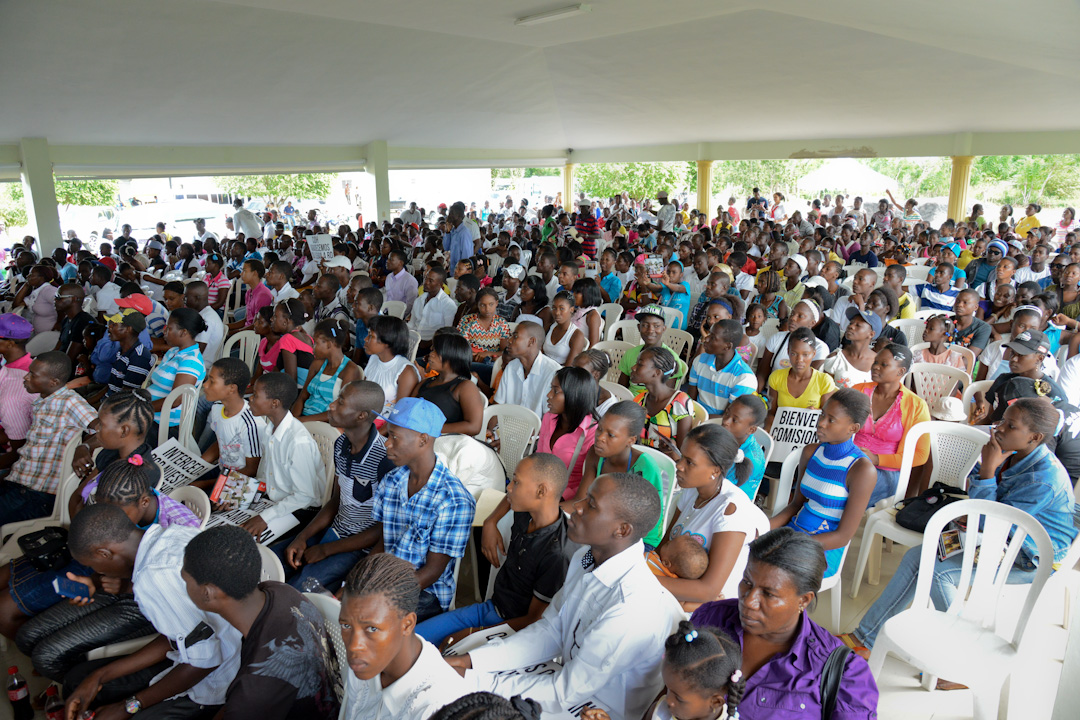
The Inter-American Commission on Human Rights (IACHR) conducted an on-site visit to the Dominican Republic on December 2-5, 2013, in response to an invitation by the State. The purpose of the visit was to observe the situation related to the rights to nationality, identity, and equal protection without discrimination, along with other related rights and issues. The Commission carried out this visit to oversee compliance with the international commitments made freely by the State of the Dominican Republic in exercise of its sovereignty.
2011
Mexico, July 25 to August 2, 2011
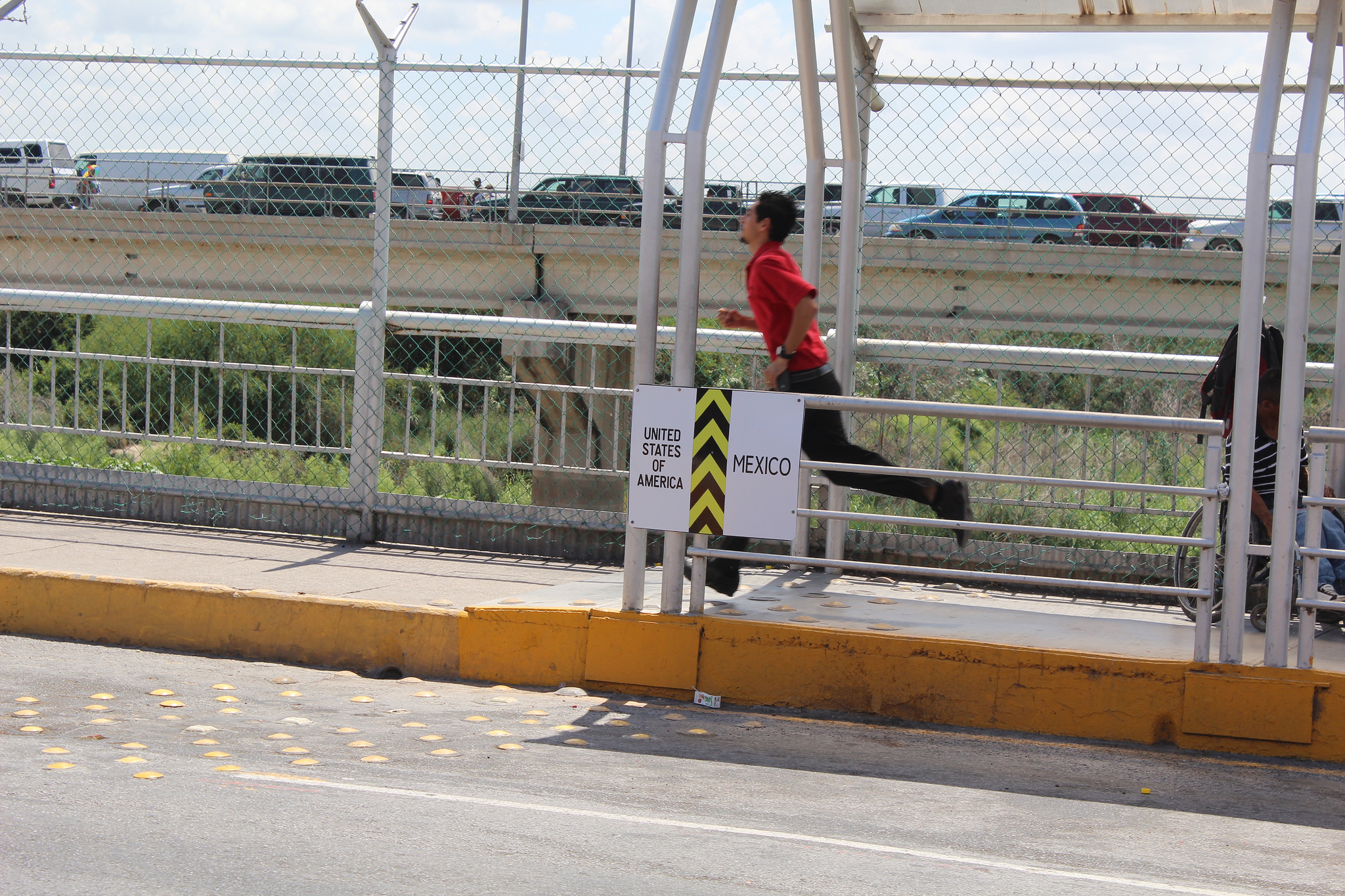
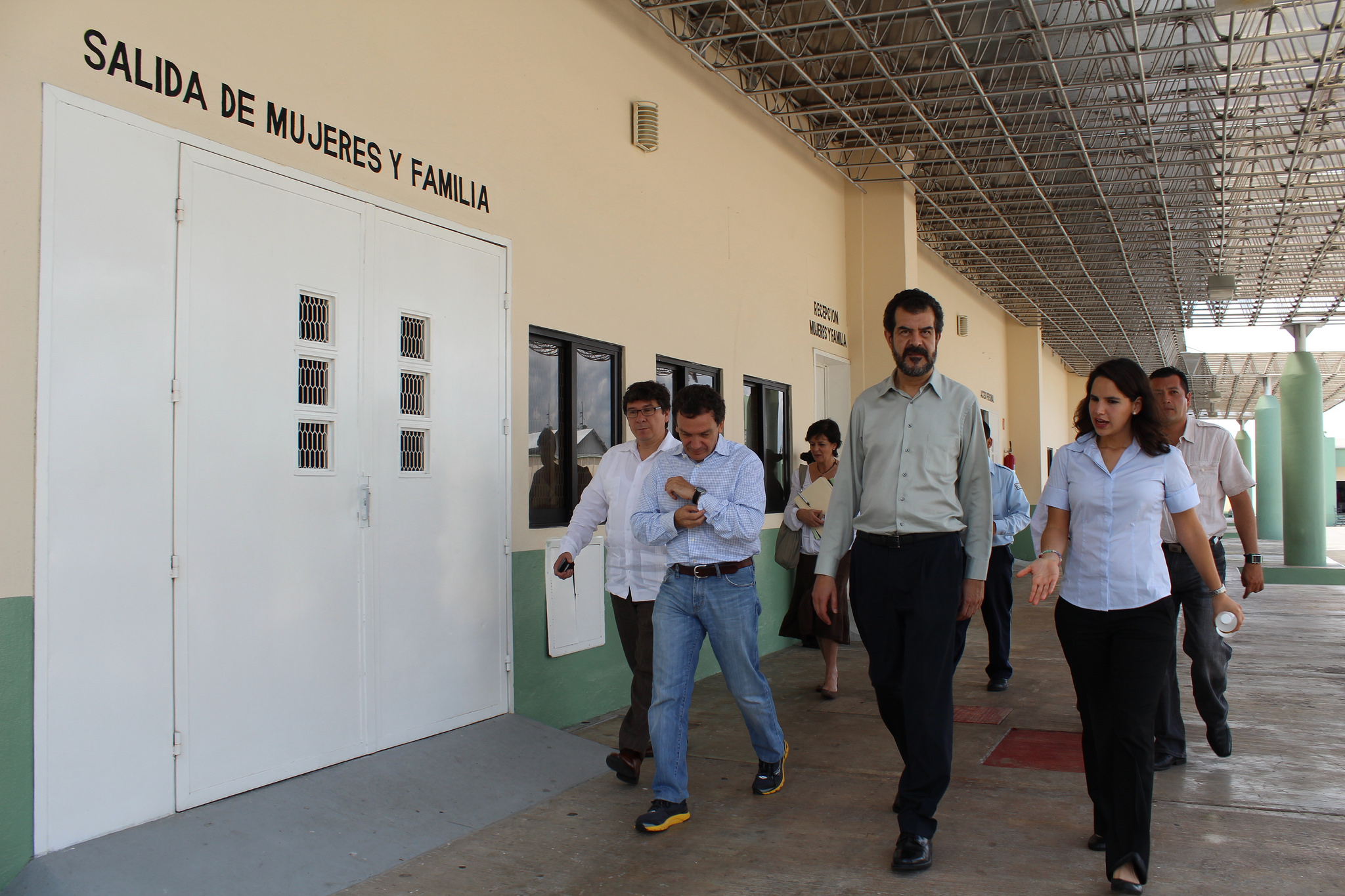
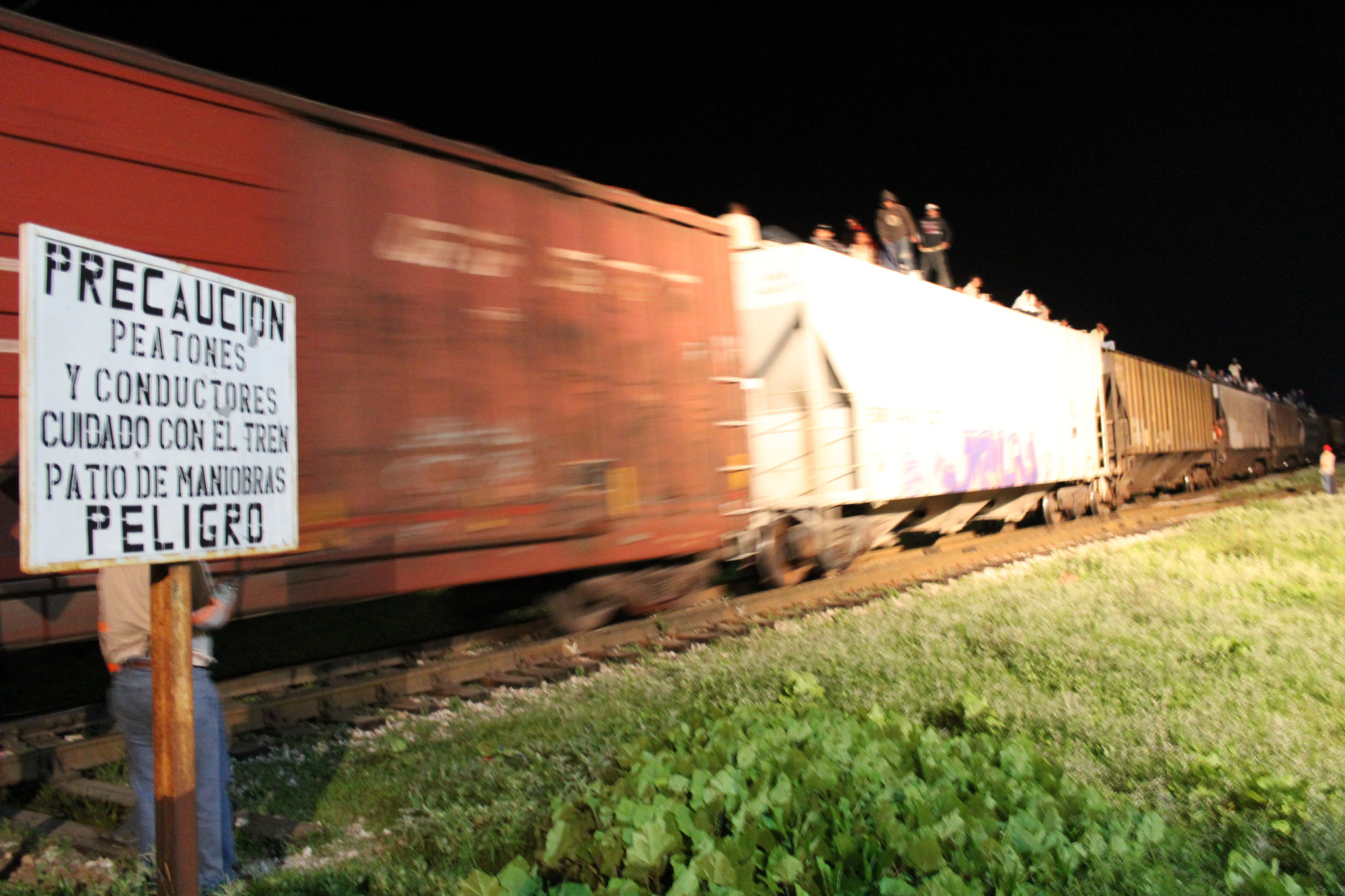
The Inter-American Commission on Human Rights (IACHR) conducted a visit to Mexico from July 25 to August 2, 2011, in order to observe the situation of human rights of migrants and others in the context of human mobility in Mexico. The delegation was headed by Commissioner Felipe González Morales, Rapporteur on the Rights of Migrants, and made up by the then Executive Secretary of the Commission, Santiago A. Canton; the specialist lawyer of the Rapporteurship, Alvaro Botero Navarro, and the Director of Press and Communications of the IACHR, María Isabel Rivero. The delegation visited Mexico City; Oaxaca and Ixtepec, in the state of Oaxaca; Tapachula and Ciudad Hidalgo, in the state of Chiapas; Tierra Blanca, Veracruz, in the state of Veracruz; and Reynosa and San Fernando in the state of Tamaulipas. The Rapporteur met with authorities, civil society and international agencies.
During the visit, the delegation observed the serious perils that migrants, both foreign and Mexican nationals, face in their travels through Mexico. During their travels, migrants fall victim to murder, disappearance, abduction and rape. Foreign immigrants are also victims of discrimination. Testimonies of migrants who were kidnapped and escaped, witnesses of killings of dozens of people during his captivity, migrants who were kidnapped along with several hundred people, were received, among others. The Rapporteurship heard testimony from mothers who are searching for their missing children and from wives, brothers and sisters who are looking for their loved ones. It also heard corroborating testimony about the existence of kidnappings for extortion, for sexual exploitation and for human trafficking. In general, the persons who provided this testimony to the Commission said that they had not reported these cases to the authorities for fear of reprisals on the part of organized crime or agents of the state.
After the visit, the Commission published the report "Human rights of migrants and others in the context of human mobility in Mexico"
2007
Colombia, May 14 - 18, 2007
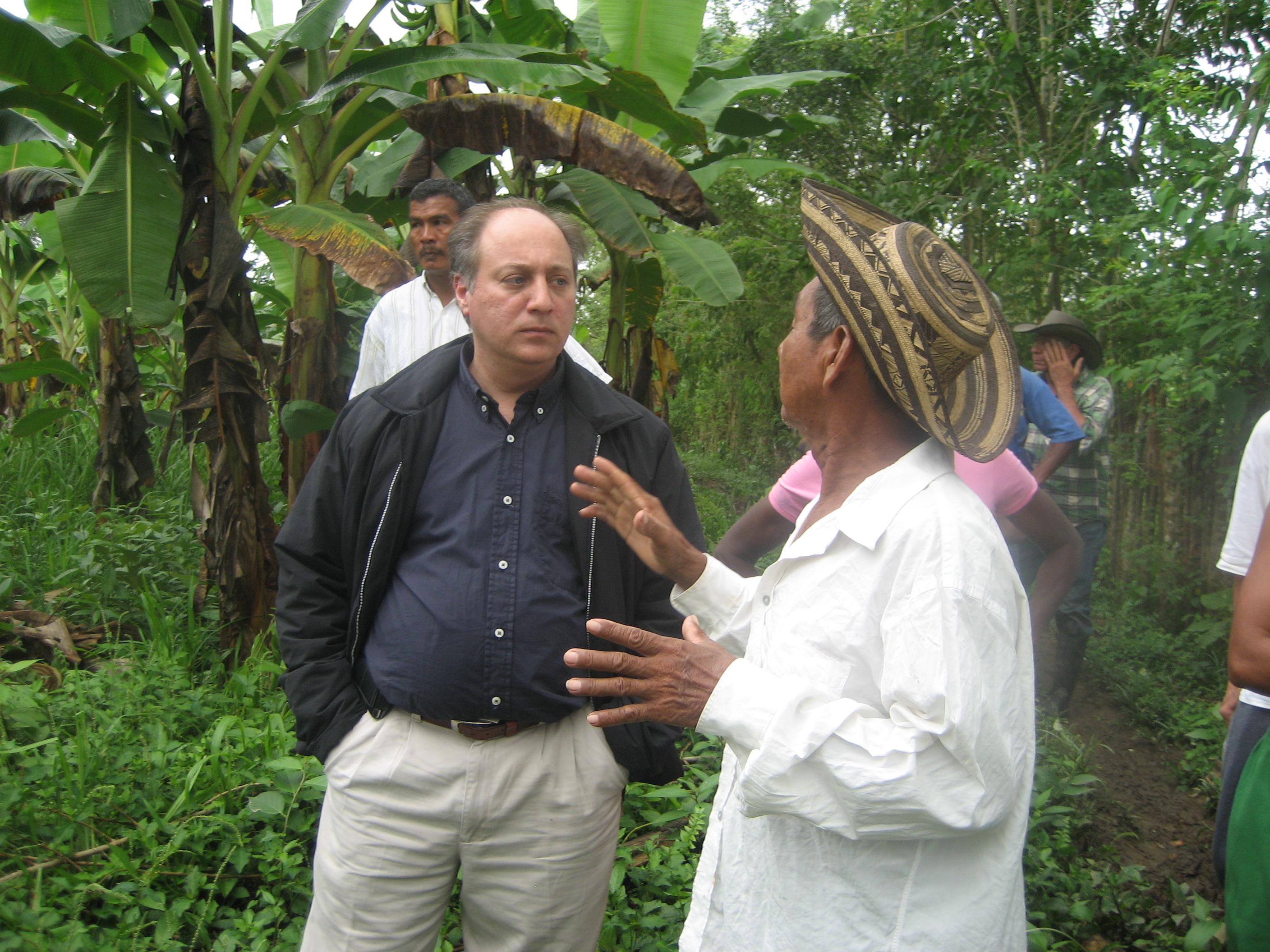

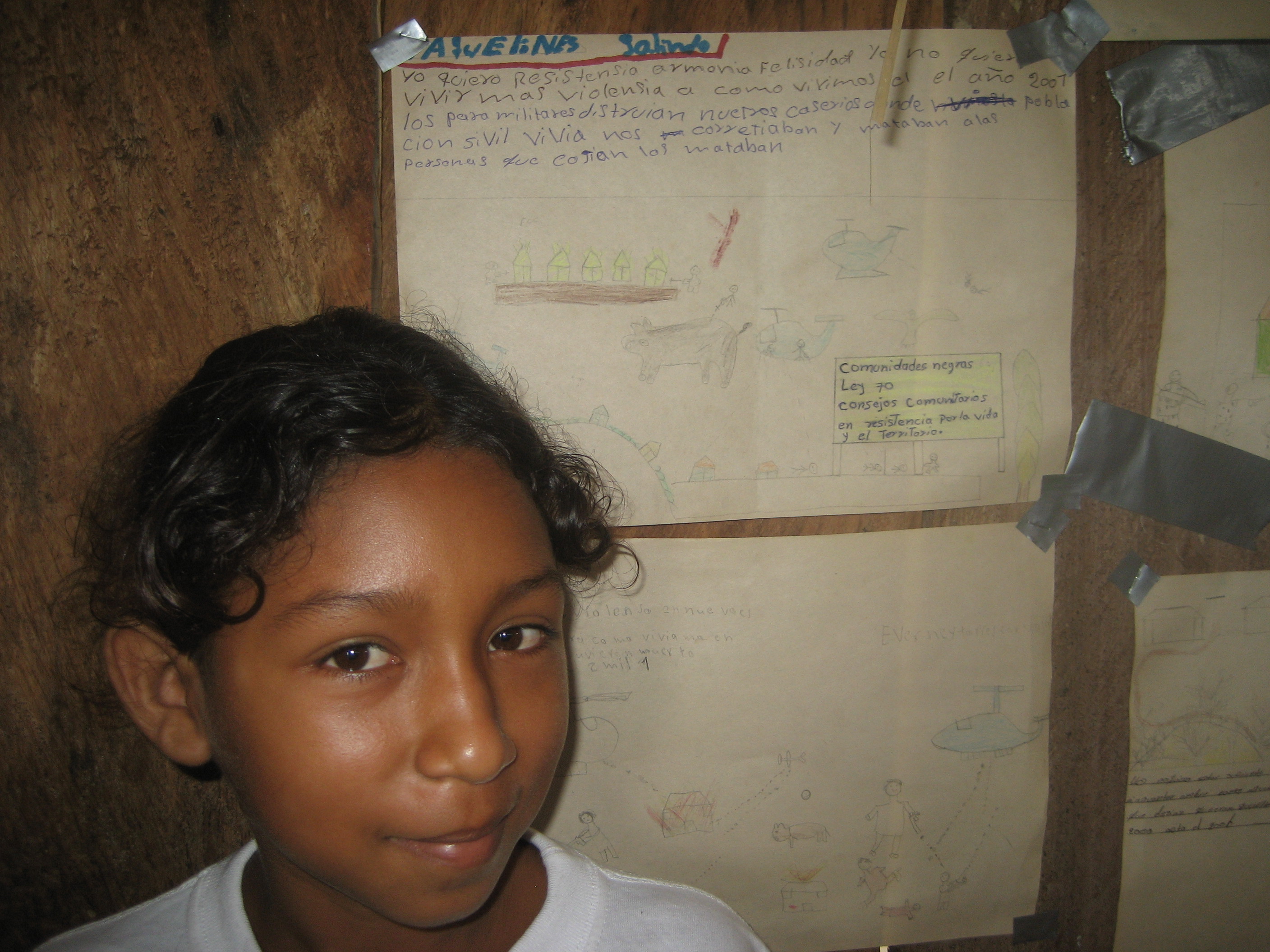
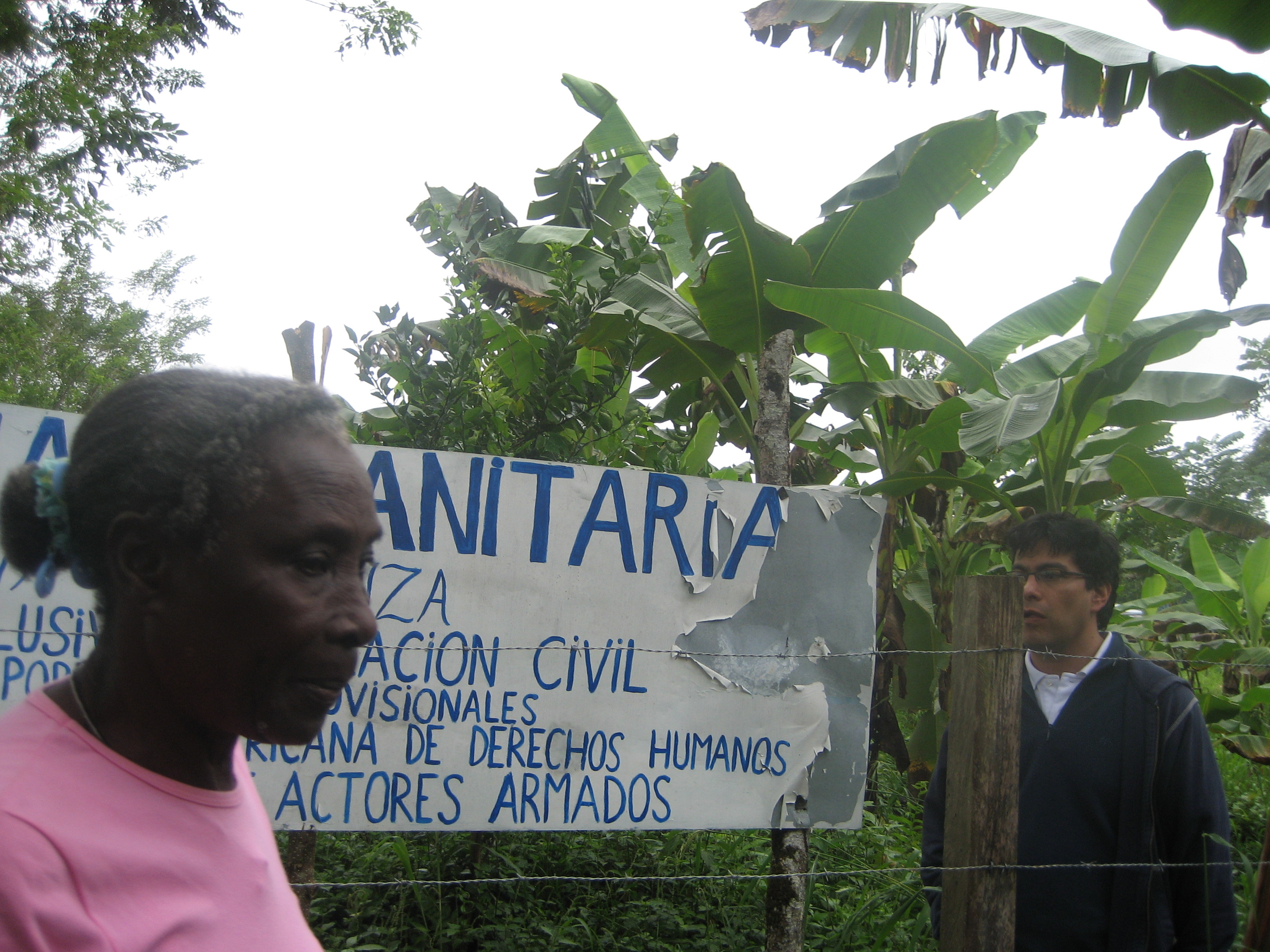
The Office of the Rapporteur on the Rights of Persons of African Descent and against Racial Discrimination carried out a visit to Colombia on May 14-18, 2007. The purpose of the visit was to verify the situation of Afro-Colombian individuals and communities, hold meetings with Colombian State authorities and nongovernmental organizations involved with this issue, and conduct activities to promote the inter-American human rights system. At the end of the visit, the IACHR issued Press Release 54/08 and later prepared and published a report, available in Spanish only: Informe sobre la visita al terreno en relación con las Medidas Provisionales ordenadas a favor de los miembros de las Comunidades constituidas por el Consejo Comunitario del Jiguamiandó y las familias del Curbaradó, Municipio de Carmen del Darién, Departamento del Chocó .
2005
Brazil, June 30 to July 7, 2005
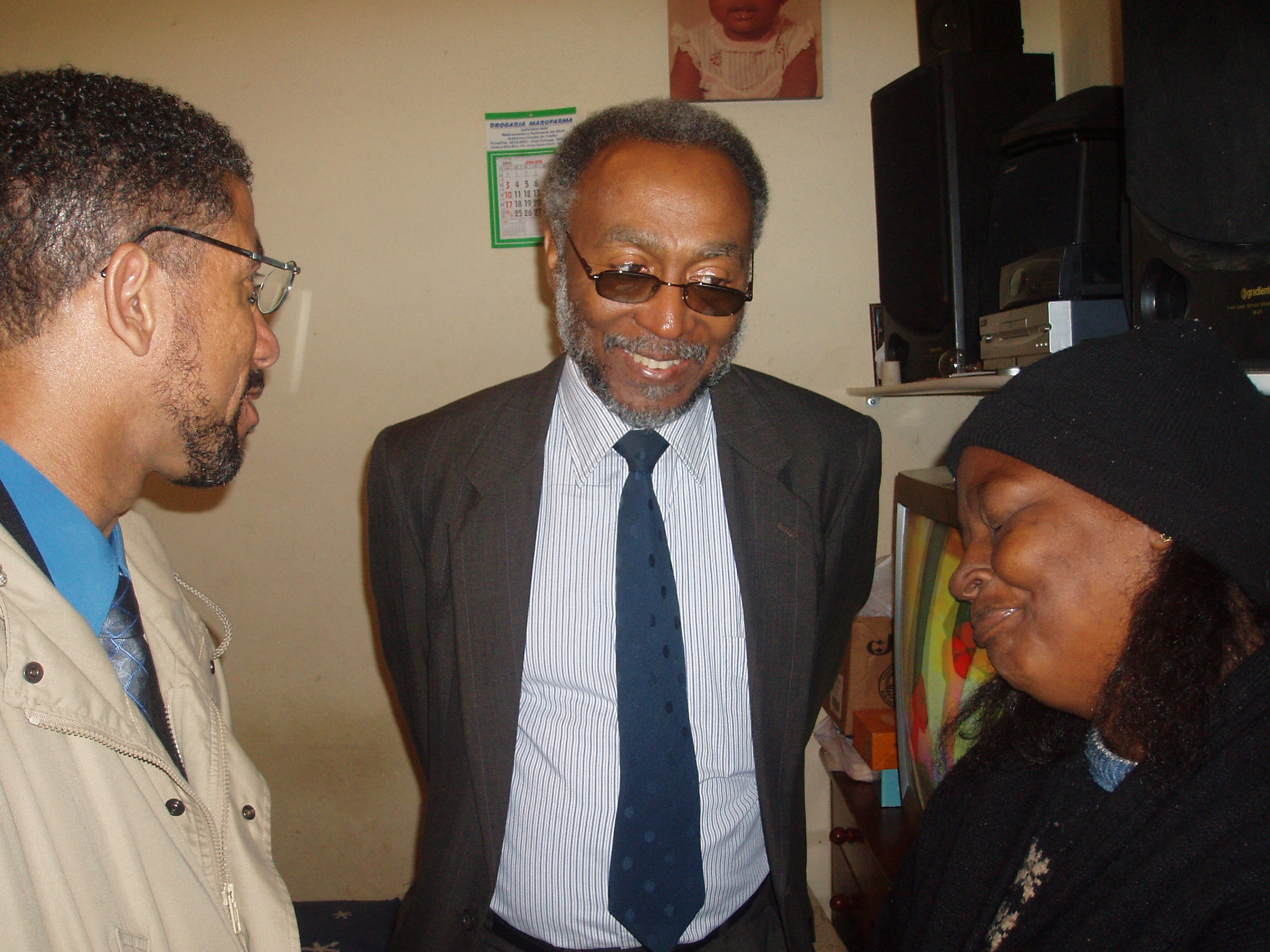
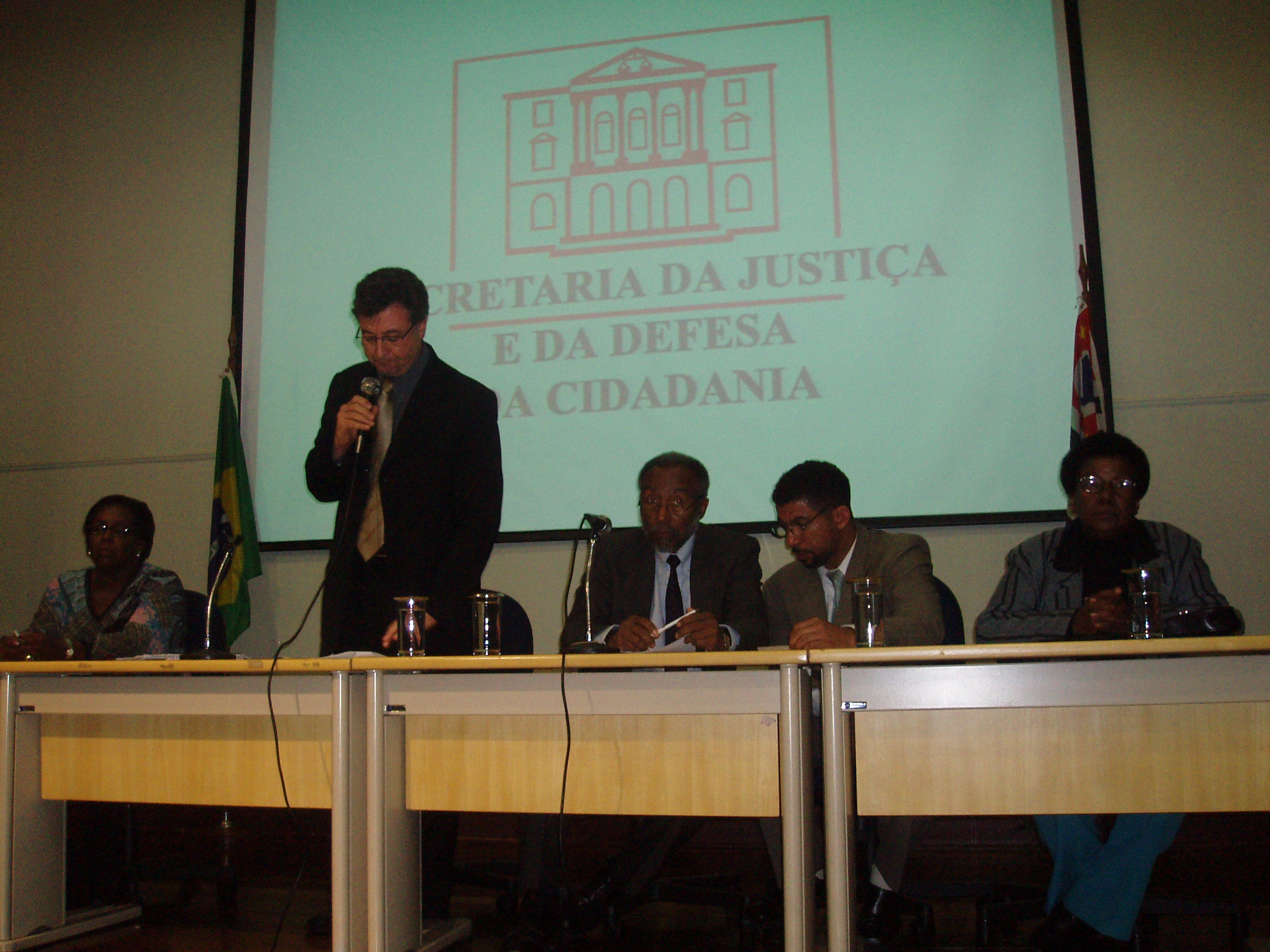
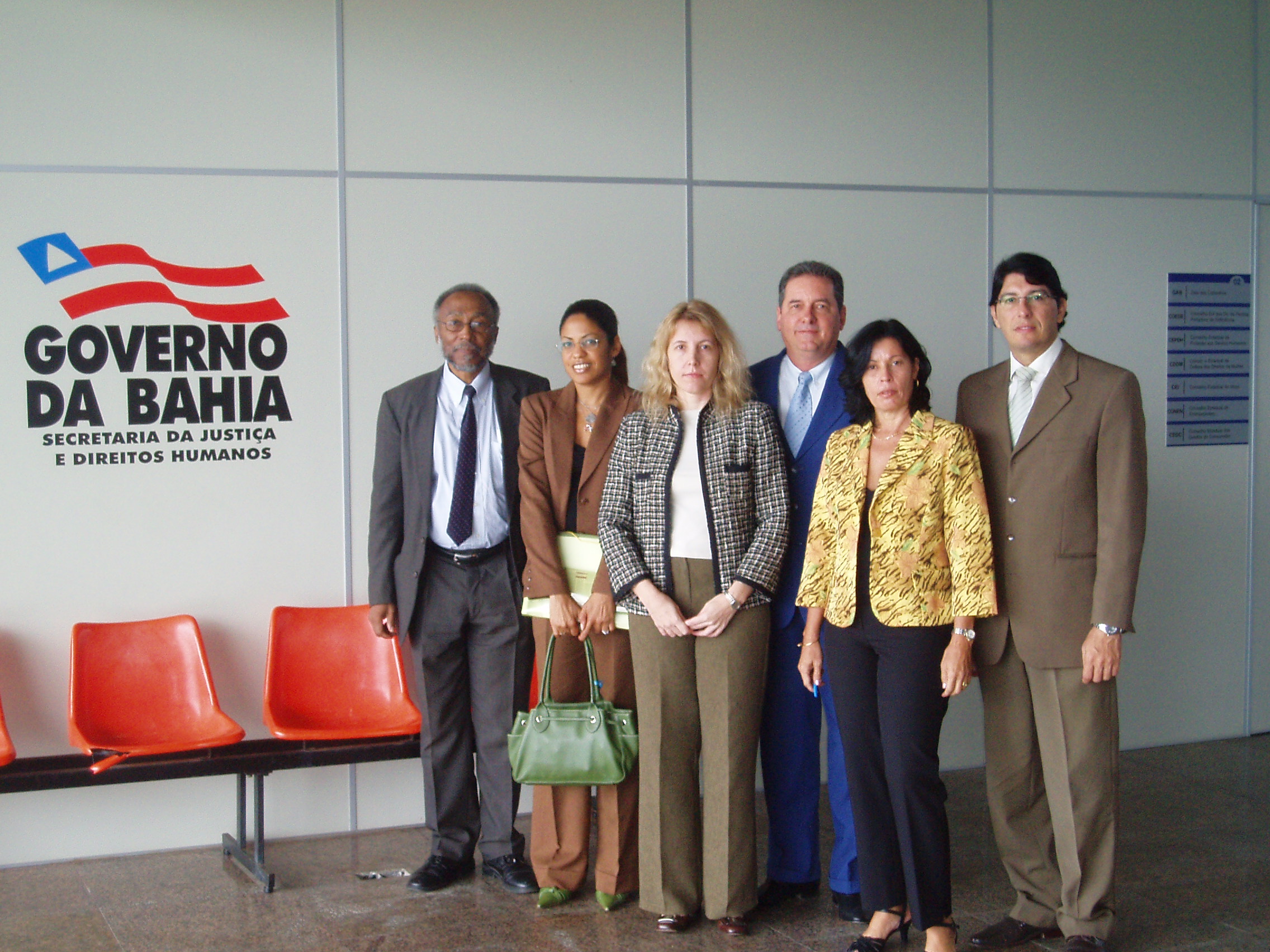
The Office of the Rapporteur on the Rights of Persons of African Descent and against Racial Discrimination conducted a promotional visit to the Federative Republic of Brazil from June 30 to July 7, 2005. Activities were held in the Brazilian capital, Brasília, as well as Salvador (Bahía) and São Paulo. During the court of the visit, the Special Rapporteur participated in the First National Conference for the Promotion of Racial Equality and met with authorities and with various segments of civil society, particularly with the Brazilian Black Social Movement.
2003
Colombia, June 16 - 26, 2003
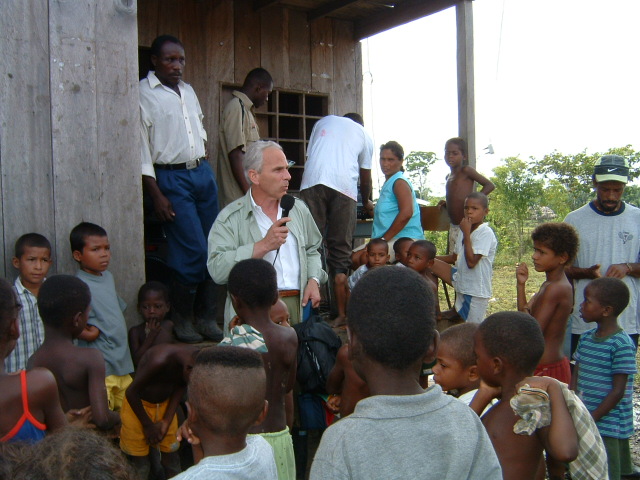
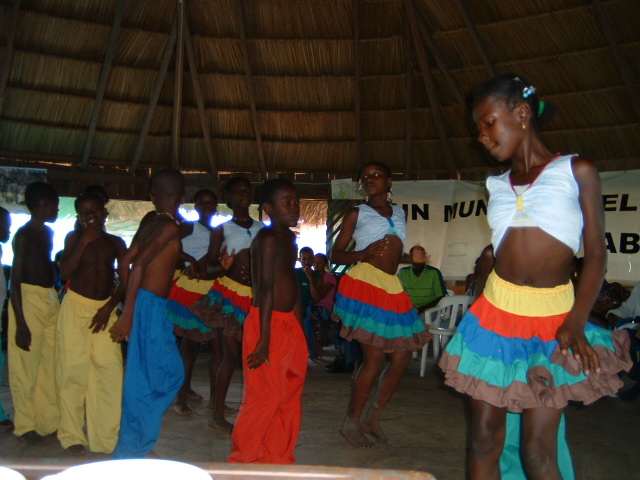
Visit to an Afro-Descendant Community on the Banks of the Cacarica River, in Northern Chocó, Colombia
June 2003
In June 2003, before the creation of the Office of the Rapporteur on the Rights of Afro-Descendants, an IACHR delegation traveled to the banks of the Cacarica River, in the north of the department of Chocó, to visit the "New Life" ("Nueva Vida") residential and working community, whose members had been under the protection of precautionary measures since December 1997. Press Release 15/03 , issued at the end of the visit, indicated the following: "This community of African descent is resettled on collectively deeded lands, after several years of displacement initially resulting from a 1996 bombing in the Riosucio area. During its stay, the delegation received information and statements on murders, torture, and acts of violence and intimidation perpetrated against members of the community by paramilitary groups operating in the area despite the presence of the XVII Army Brigade. In addition, representatives of the communities in Dabeiba and Naya, also protected by precautionary measures, and Jugiamiandó and Curbaradó, protected by provisional measures granted by the Inter-American Court of Human Rights, appeared during the Commission’s visit to report on their situation.
"The IACHR Rapporteur noted with concern consistent reports of attacks by paramilitary groups, allegedly carried out with the acquiescence and collaboration of law enforcement personnel operating in the region. It also received information on the deforestation of the collective lands and on acts of harassment intended to force some of these communities to accept the planting of African palm—a classic prelude to the introduction of illicit crops. He also emphasized the vital importance of the follow-up tasks carried out by Peace Brigades International in support of the communities of African descent in Chocó and their positive effect on the protection of these communities," the press release added.





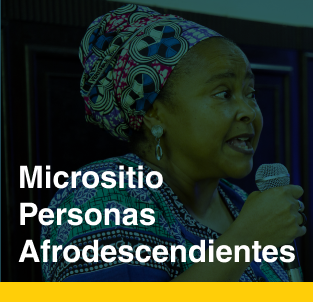
 Photo gallery
Photo gallery